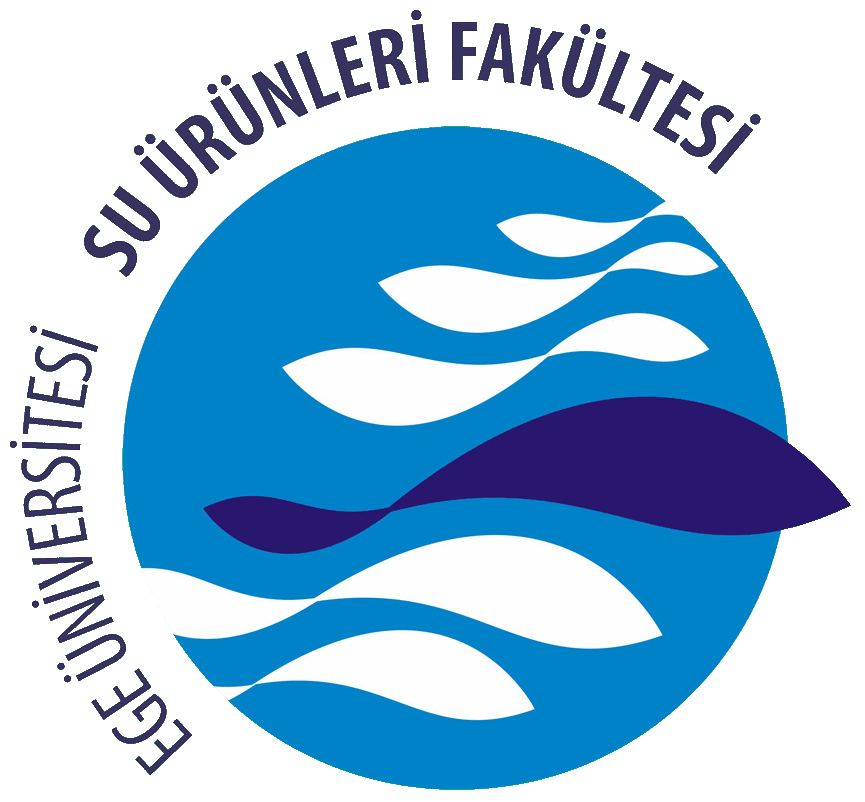Department of Marine–Inland Waters Sciences and Technology
Head of Department: Prof.Dr. Alper DOĞAN
Vice Head of Department: Lect.Dr.Levent YURGA
Vice Head of Department: Lect.Dr. Sencer AKALIN
The Department of Marine–Inland Waters Sciences and Technology is one of the three departments of Ege University, Faculty of Fisheries, and was formed in 1992 by the academic staff of the Department of Biology, Section of Hydrobiology of the Faculty of Science, and then, with the participation of faculty graduates, its academic staff grew to become its present form today. The department, which consists of three sections, namely Fisheries Biology, Marine Biology and Inland Waters Biology. In addition to the training given by 33 Faculty Members (17 Professors, 15 Associate Professors, 1 Assistant Professor), 8 Research Assistants in the department, which consists of three departments, namely Fisheries Biology, Marine Biology and, Inland Waters Biology, national and international scientific research is carried out in Turkish seas and inland waters. The main study and education subjects of our department are; fish biology and ecology, ichthyoplankton (fish eggs and larvae), aquatic reptiles and mammals, benthos, plankton, water quality and chemistry, ecotoxicology, ecotechnology, ecobiotest, limnology (lake, reservoir, wetland, stream and lagoon ecology), biodiversity and issues such as the conservation and sustainable use of existing stocks.
The department has a total of 12 laboratories, 11 (Limnology I-II, Fisheries Biology I-II, Bentology, Water Chemistry, Planktonology, Ecotoxicology, Ecotechnology, Ecobiotest, Biogeochemistry) on the Bornova campus and one (Benthology) on the Urla campus, equipped with the necessary equipment for education/training and research.
Mission of the Marine–Inland Waters Sciences and Technology Department
Its mission is to contribute to the training of undergraduate and graduate Fisheries Engineers in the field of Fisheries Marine/Inland Water Sciences and Technology who are adhering to universal and professional values, adopting scientific thinking and lifelong learning, using their knowledge and experience for the benefit of society, having the necessary scientific equipment for environmental awareness and sustainable management, being able to take part in the development and management of the relevant branches of the public and private sector, innovative and competitive.
Vision of the Marine–Inland Waters Sciences and Technology Department
Being a leader in scientific research, having a strong cooperation and communication network with its national and international stakeholders, offering student-oriented, quality-priority and sustainable development-oriented education and training activities in the field, strengthens the ties between the industry and faculty and university, always cares and maintains its ties with its graduates employed in the public and private sectors, supporting cooperation at the national and international level department in the field of Marine/Inland Water Sciences and Technology.









